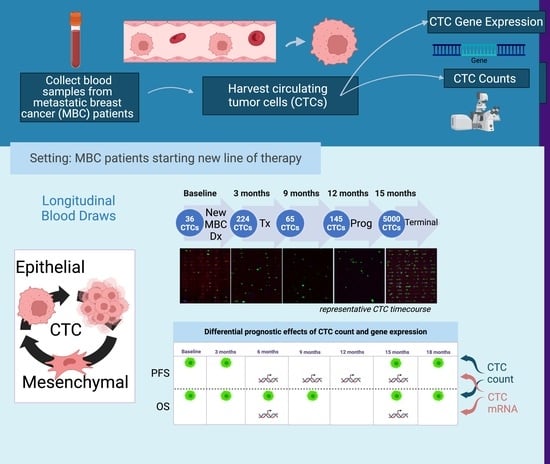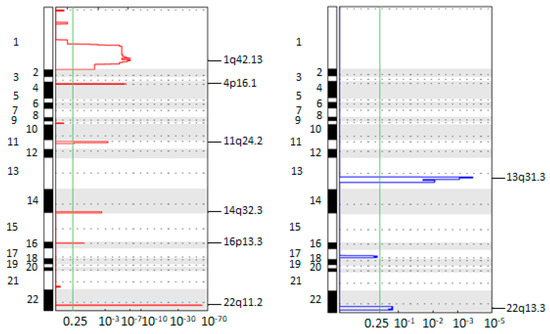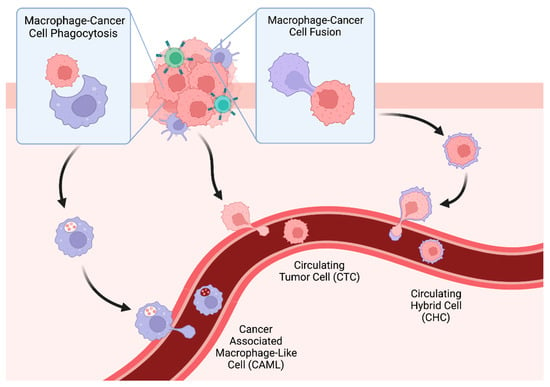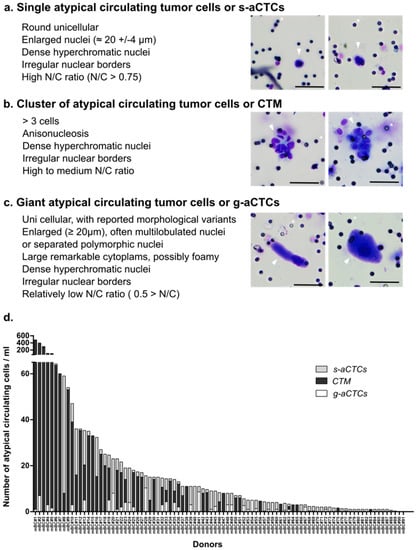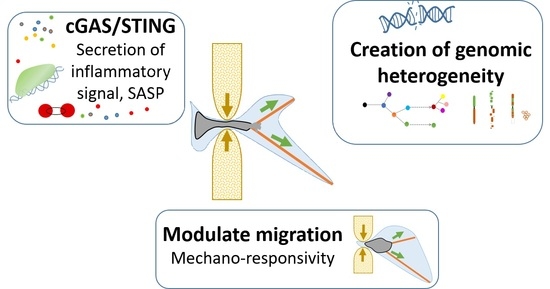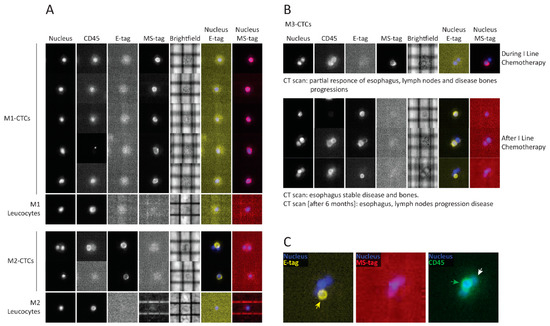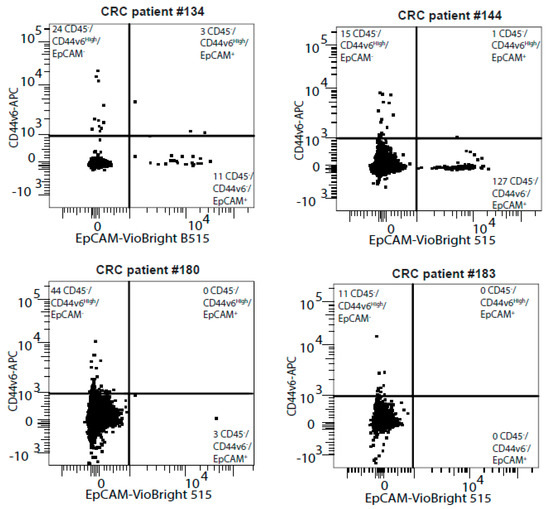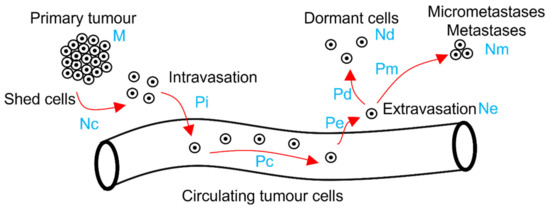Malignant and Non-malignant Atypical Circulating Cell in Cancer: Their Heterogeneity and Plasticity
A topical collection in Cancers (ISSN 2072-6694). This collection belongs to the section "Cancer Metastasis".
Submission Status: Closed (9 December 2025) | Viewed by 47097Editors
Interests: cancer metastasis; circulating tumor cells; microenvironment; cancer heterogeneity and plasticity; biomarkers; resistance to treatment
Interests: Circulating Tumor Cells; Tumor Plasticity; Tumor Cell Cultures
Topical Collection Information
Dear Colleagues,
Solid tumors induce the presence of atypical cell types in the blood circulation. The ease of sampling these atypical circulating cells, although counterbalanced by their scarceness, holds the potential to help us better understand tumor evolution and drug resistance.
The most-described atypical circulating cells in cancers are called circulating tumor cells (CTCs). They can potentially generate distant metastasis, and many studies demonstrate their role in predicting clinical outcomes. The initial view that CTCs are defined by their epithelial phenotype has been challenged by the discovery that CTCs are a heterogeneous cell population characterized by plasticity and can also include cells that have lost some of their epithelial traits. Moreover, reports indicate that many other atypical circulating cells can be found in the blood of cancer patients, and, despite not being of epithelial origin and malignant, can play an important role in metastasis and hold strong prognostic value.
This Special Issue will focus on atypical circulating cells—of a malignant origin or not—found in the blood of cancer patients, and how their heterogeneity can provide us with a better understanding of tumor behavior. The aim of this Special Issue is to provide insights into the physical, biological, and chemical cues that generate this heterogeneity and trigger cell plasticity/reprogramming, such as adjustment to stressful conditions or changes favoring tumor progression.
We look forward to your contribution to this Special Issue.
Dr. Emilie Mamessier-Birnbaum
Dr. Claire Acquaviva
Guest Editors
Manuscript Submission Information
Manuscripts should be submitted online at www.mdpi.com by registering and logging in to this website. Once you are registered, click here to go to the submission form. Manuscripts can be submitted until the deadline. All submissions that pass pre-check are peer-reviewed. Accepted papers will be published continuously in the journal (as soon as accepted) and will be listed together on the collection website. Research articles, review articles as well as communications are invited. For planned papers, a title and short abstract (about 250 words) can be sent to the Editorial Office for assessment.
Submitted manuscripts should not have been published previously, nor be under consideration for publication elsewhere (except conference proceedings papers). All manuscripts are thoroughly refereed through a single-blind peer-review process. A guide for authors and other relevant information for submission of manuscripts is available on the Instructions for Authors page. Cancers is an international peer-reviewed open access semimonthly journal published by MDPI.
Please visit the Instructions for Authors page before submitting a manuscript. The Article Processing Charge (APC) for publication in this open access journal is 2900 CHF (Swiss Francs). Submitted papers should be well formatted and use good English. Authors may use MDPI's English editing service prior to publication or during author revisions.
Keywords
- circulating tumor cells
- atypical circulating cells
- cellular plasticity
- cellular heterogeneity
- cell reprogramming
- epithelial-to-mesenchymal transition
- resistance to treatment
- physical cues
- stress
- anti-tumor immunity
- anoikis







